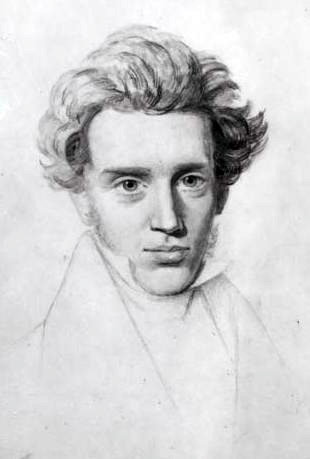Believers should be glad that proofs for God don’t work
The so-called proofs for the existence of God are widely thought to fail.
Philosophers point out that there is no need for an ‘unmoved mover’, to use Aristotle’s phrase, because modern physics teaches us that motion is natural to matter, not stasis. Alternatively, the ontological argument comes to look like a conjuring trick with words: it is no more the case that God needs to exist because God’s imagined greatness demands it, than it is the case that a perfect island needs to exist because it is described as perfect. Both might be fantasy.
By our Guest Blogger: Mark Vernon. The Big Questions: God
Posted by on 21st April 2012 at 12:00am
Category: Guest Blogger
What is Religion
Mark Vernon on religion
One day, a philosopher was asked to define religion. His answer needed to be definitive, precise – the kind of formula that would satisfy lawyers, or the atheists of his day who sought a clear target at which to aim their critique.
The philosopher was a wise soul and so immediately begged for some time. That period elapsed, and he appeared again. But he didn’t have an answer. Instead, he asked for more time. That period passed too, and he asked for more. And then more. And more.
The people became irritated, annoyed. “If you can’t find an answer,” they muttered impatiently, “then why keep on asking?” “But don’t you see?” he replied, and wandered off alone.
This parable, or one a bit like it, is told by the philosopher Søren Kierkegaard. It’s one way of saying that doubt is at the heart of the phenomenon we call religion, not certainty.
Posted by Philosophy Foundation Admin on 9th April 2012 at 12:00am
Category: Guest Blogger





